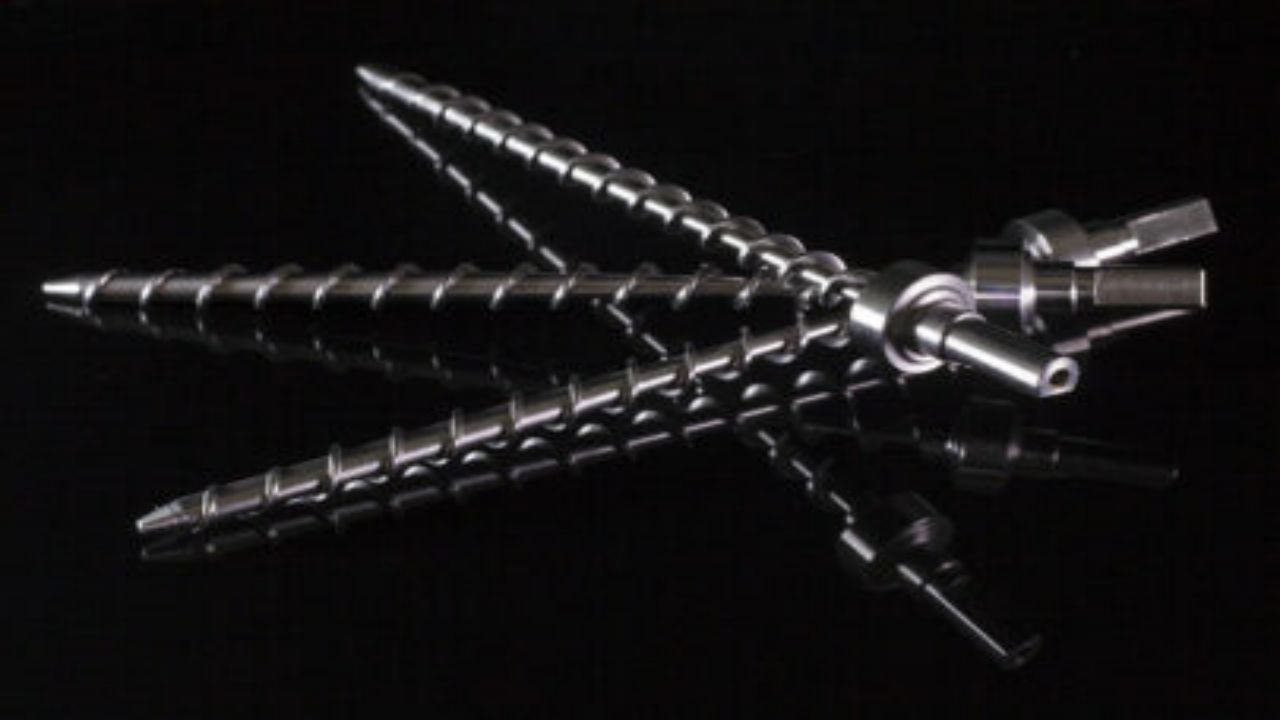The electronics industry has witnessed rapid advancements in recent years, with cutting-edge technologies driving innovation and efficiency. One such technology, CNC machining, has emerged as a game-changer in circuit board manufacturing. In this article, we explore the transformative impact of CNC machining in the electronics industry and how it has revolutionized the production of circuit boards. Visit the https://www.3erp.com/services/cnc-machining/ to learn more.
Advantages of CNC Machining in Circuit Board Manufacturing
Precision and Accuracy
CNC machining’s computer-controlled processes ensure unparalleled precision in manufacturing circuit boards. The machines can create intricate designs and precisely place components, resulting in error-free assemblies. This level of accuracy is crucial in meeting the demanding requirements of modern electronic devices.
Reduced Lead Times
Time-to-market is a critical factor in the electronics industry. CNC machining offers a streamlined production process that significantly reduces lead times. Automation and efficient tooling minimize manual intervention, allowing for faster prototyping and production cycles.
Cost Efficiency
CNC machining optimizes material usage, minimizing waste and reducing production costs. Additionally, the automation aspect lowers labor expenses, making it a cost-effective solution for large-scale manufacturing.
Challenges and Solutions
Complexity of Miniaturization
As electronic devices become increasingly compact and sophisticated, the challenges of miniaturization grow. CNC machining tackles these challenges by ensuring precise milling and drilling of tiny components. Advanced CNC systems can handle micro-drilling with high accuracy, supporting the production of miniaturized circuit boards.
Materials Selection
The choice of materials is vital in circuit board manufacturing. CNC machines can work with a wide range of materials, including FR-4 fiberglass, aluminum, and flexible substrates. Proper material selection ensures optimal performance, durability, and reliability of electronic devices.
Quality Control and Testing
Maintaining quality standards is essential to prevent defects and ensure reliable electronic components. CNC machines are equipped with real-time monitoring and inspection systems, facilitating continuous quality control during the manufacturing process. Additionally, automated testing procedures verify the functionality of circuit boards before they move to the assembly stage.
Future Prospects and Innovations
The future of CNC machining in the electronics industry is promising, with several key trends and innovations on the horizon:
Nanotechnology Integration: CNC machining is set to play a significant role in the integration of nanotechnology with electronic components. This advancement could lead to ultra-compact devices with unprecedented capabilities.
3D Printing and Additive Manufacturing: Combining CNC machining with 3D printing opens up new possibilities for complex and hybrid circuit board designs. Additive manufacturing can create intricate structures that were previously impossible with conventional methods.
Smart Automation: The integration of AI and machine learning into CNC machining systems will enable smart automation. Machines will be capable of self-optimization, predictive maintenance, and adaptive adjustments, further enhancing efficiency and performance.
Conclusion
CNC machining has emerged as a transformative force in the electronics industry, particularly in circuit board manufacturing. The advantages of precision, reduced lead times, and cost efficiency are instrumental in meeting the demands of a rapidly evolving market. Despite challenges like miniaturization and material selection, CNC machining provides innovative solutions to ensure high-quality electronic components.
As technology continues to advance, the future of CNC machining in the electronics industry holds even more potential. Integrating nanotechnology, leveraging 3D printing, and embracing smart automation will further revolutionize circuit board manufacturing. With such groundbreaking capabilities, CNC machining remains at the forefront of the electronics industry’s ongoing progress, driving innovation and shaping the devices that define our modern lives.
